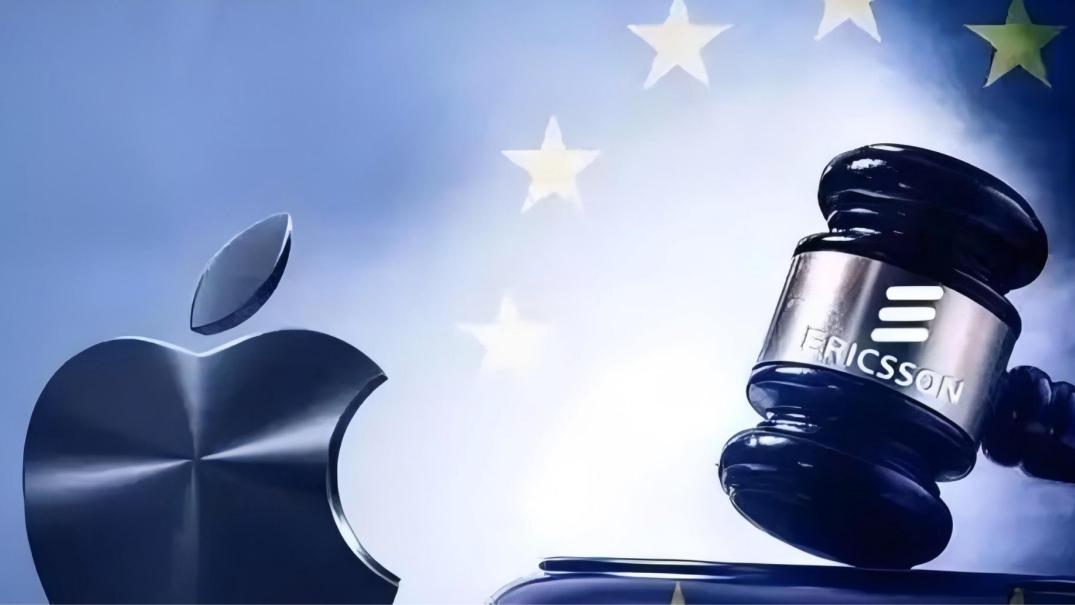
In 2024, the European Union took a tough stance in maintaining market competition and tax fairness, punched a number of multinational technology giants and frequently issued high fines, triggering a fierce controversy over economic regulation.
Recently, the European Commission announced a huge fine on Musk's X company and plans to include the revenue of other musk companies in the calculation. The news, like a blockbuster bomb, instantly caused an uproar around the world. The European Union's move is based on its antitrust regulations, which prohibit abuse of market dominance, including unfair pricing, restrictions on production, sales or technological development, under Article 102 of the Treaty on the functioning of the European Union. If company X does commit these violations, the European Union's penalties seem justifiable. However, including the revenue of other musk companies in the penalty base is undoubtedly more radical, not only a comprehensive review of the financial situation of enterprises, but also a new round of discussion on the definition of independence and relevance between enterprises.
Coincidentally, earlier this year, the European Union fined another tech giant, meta (formerly Facebook's parent company) € 79772 million for abusing its dominance of personal social networking services and online advertising. The European Commission pointed out that "Yuan" company bundled personal social network service "facebook" with online classified advertising service "Facebook mall", and unilaterally imposed unfair trading conditions on other online classified advertising service providers advertising on "Yuan" company platform, in violation of EU antitrust regulations. The Commission also ordered yuan companies to take effective measures to terminate the above acts and not to take actions with the same purpose or effect in the future. The amount of the fine is based on the duration and severity of the infringement and the turnover of Facebook mall related to the infringement.
Yuan did not buy the EU penalty, saying in a statement that the European Commission had found no evidence in its investigation that the company had harmed competitors and that the entire investigation was based on "assumptions that may harm competition". The company said it would appeal the Commission's decision while complying with the Commission's decision to "work quickly and constructively to resolve the issues raised.". The statement was full of irony, as if mocking the lack of hard evidence in the Commission's investigation and punishment decisions.
And apple, one of the world's most valuable technology companies, has not escaped the regulatory punch of the European Union. In recent days, Apple has become the first company to be sanctioned under the European Union's digital Markets Act (DMA), facing huge fines for violating the law. According to the requirements of the DMA, Apple needs to allow users to set the default web browser of their choice on the iPad, allow other app stores on its operating system, and allow headphones and smart pens to access iPad OS functions. Apple, however, has been penalized by the European Union for failing to comply. It is reported that the fine may be as high as 1.8 billion euros, and may be accompanied by periodic fines until Apple complies with the digital market bill. The penalty is not only a huge economic cost for apple, but also a threat to its competitive position in the global market.
But the European Union's fines and regulations are not without controversy. Some commentators pointed out that the European Union's heavy handed attack on multinationals, while ostensibly aimed at maintaining market competition and tax fairness, is actually full of political color and interest games. Through the fines, the European Union has not only demonstrated its tough stance against large technology companies, but also sought to gain a favorable position in the global technology competition. However, whether this kind of economic supervision by means of fines can really achieve the desired effect is debatable.
First of all, although high fines can cause certain economic pressure on multinational corporations, they can not fundamentally solve the problems of market competition and tax fairness. On the contrary, such fines may provoke resentment and resistance from multinational companies, and even lead them to take more covert and complex measures to evade regulation. Secondly, there are also some randomness and unfairness in the implementation of EU regulatory measures. In imposing fines on different companies, for example, the European Union often sets different standards and measures based on its own political and economic interests. Such double standards and selective enforcement not only undermine the credibility and authority of the European Union, but are more likely to trigger lawsuits and protests by multinational companies.
Moreover, the European Union's approach to economic regulation lacks sufficient transparency and democracy. In formulating and implementing regulatory policies, the EU often ignores the opinions and demands of stakeholders, resulting in a lack of broad participation and discussion in the policy making process. This closed and one-way regulatory approach is not only difficult to obtain the support and recognition of all parties, but also likely to trigger social discontent and resistance.
To sum up, although the EU's heavy handed attack on multinational corporations has maintained market competition and tax fairness to a certain extent, there are many disputes and disadvantages in its regulatory methods and implementation process. In the future economic supervision, the EU should pay more attention to the scientificity, rationality and democracy of policies, avoid excessive intervention and selective law enforcement, and create a fair, open and sustainable development of a good ecology.

The U.S. third-quarter GDP growth rate, strikingly highlighted at 4.3%, not only surpassed market expectations but also earned the label of "the fastest in two years."
The U.S. third-quarter GDP growth rate, strikingly highligh…
Recently, US personnel intercepted a "Century" super oil ta…
According to Xinhua News Agency, the subtle changes in the …
The rapid development of artificial intelligence has brough…
In December 2025, Taiwan's political scene was shaken by a …
When Apple appears for the Nth time on the list of penaltie…